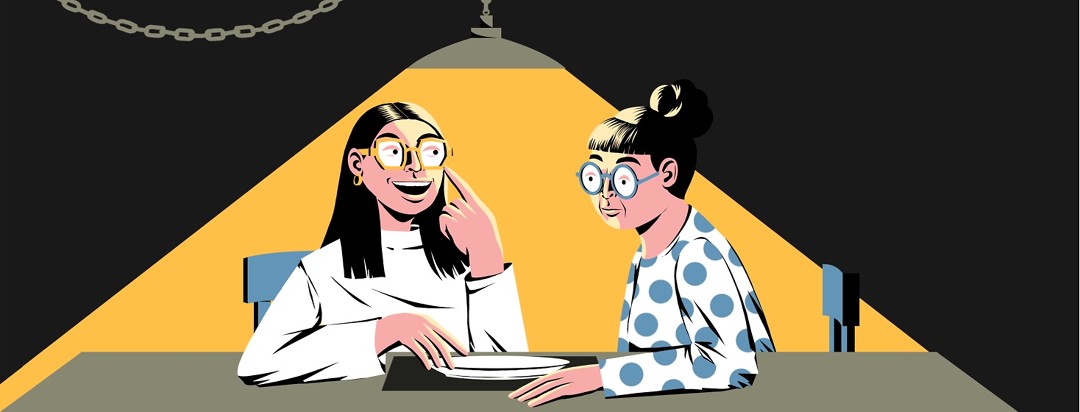Low Vision Rehabilitation
An occupational therapist who is a certified low-vision specialist is trained to help you continue to manage your activities of daily living and maintain your quality of life.
Rehabilitation specialists
If you are having difficulty continuing to do the things you want to do, it may be time for a low vision specialist. Your eye doctor should be able to put you in touch with one in your area. If not, contact your state or local branch of the American Foundation for the Blind. In Canada, the Canadian National Institute for the Blind would be the place to start. In other countries, an online search for low vision resources should take you to a similar resource.
How can they help?
The low vision specialist will start by assessing your vision. This is usually followed by a home evaluation visit to determine any environmental modifications needed to help you maintain your independence. You may then need only one or two appointments, or perhaps a number spread out over a few weeks, with follow-ups at a later date. They may suggest counseling.
Finding the right resources
This specialist will not only help with training and suggestions designed for your particular situation, but with assistive devices, both elaborate and simple, that may help as well. Many will arrange for you to try these devices to see if what they’ve recommended will help the way you expect.
Knowing what you need help with
Here are some of the things a friend who has been helped tremendously by a low vision therapist has experienced. The first question was “What do you want to do?” It’s of no help to teach you how to do something that’s not in your lifestyle. Her answer was to be able to just continue doing as much as possible on her own, in her home and garden, as well as out and about. This friend lives alone, with 2% vision, much less than those of us with macular degeneration might expect.
Mobility in public spaces with low vision
She learned how to use public transportation alone confidently. That there are right and wrong ways to use the white cane. How to navigate curbs and stairs safely was addressed. She learned the importance of carrying her cell phone, fully charged, when she went out. With her son’s number just one click away, and the taxi number next. But she has always made her way home safely on her own.
Cooking adaptations for vision loss
They trained her to use the eyesight she has left to use her stove safely. When it’s time for a new one, it will be one with the controls at the front. For now, she has tactile stickers to help. They went through the house, checking lighting that could be changed, such as lowering the light above the kitchen table. The therapist also suggested using more contrast, with ideas as simple as using white dishes on dark placemats.
Vision assistance to improve quality of life
For those of us with more vision than my friend, but who are now finding it difficult to read, a low vision therapist could help us with eccentric viewing. They have many more personalized ideas that could help each of us live a better quality of life.
Do you have any suggestions to add, either discovered on your own or with the help of a low vision specialist?
Community Poll
Which type of macular degeneration are you seeking support for?

Join the conversation